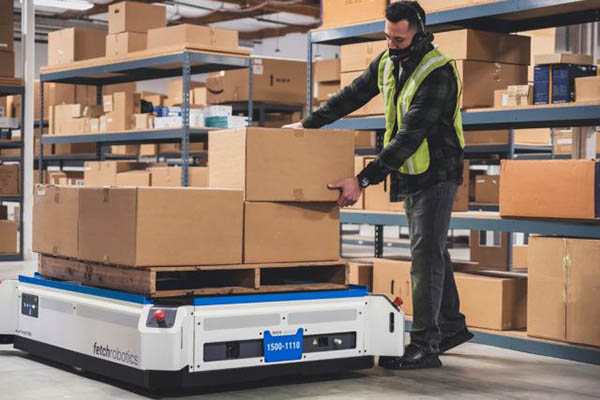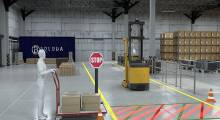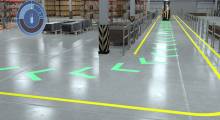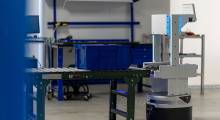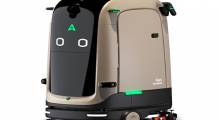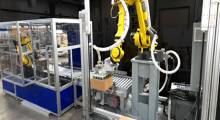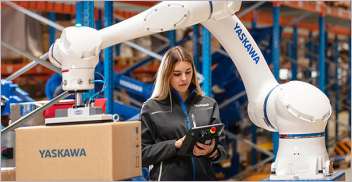Employers already facing labor shortages should consider investing in technologies such as robotics. In its “Voice of the Warehouse Worker Study” released today, Lucas Systems found that many staffers would be willing to take a pay cut or change jobs to use technology that would help them do their jobs better.
Last month, Wakefield Research polled 500 U.S. on-floor warehouse workers on behalf of Lucas Systems. Wexford, Pa.-based Lucas Systems claimed that it is “the first of its kind to examine workers' relationships with technology, as well as their fears, expectations, and perceptions about their daily jobs.”
The company provides the Jennifer artificial intelligence and voice systems for managing warehouse operations and autonomous mobile robots (AMRs). It offers optimization software to the manufacturing, retail and e-commerce, medical, and food and beverage markets.
“Having pioneered software used by tens of thousands of on-floor warehouse workers, we're always seeking input,” said Ken Ramoutar, chief marketing officer at Lucas Systems. “We're interested in how to make on-floor worker jobs easier and better and what keeps them at their employers or encourages them to look elsewhere.”
Workers cite physical, mental strains
Employee loyalty isn't a thing of the past—74% of workers polled said they expected to stay with their current jobs for at least three years, and 35% anticipated a tenure longer than five years, according to the study.
However, 75% of warehouse workers said the physical strain of their work takes a higher toll on them than mental strain. They cited carrying and lifting, followed by walking and traveling, as the leading causes.
Sources of mental stress included meeting performance or incentive goals, at 25%, and safely maneuvering around the warehouse, at 20%.
Robots could reduce stress if introduced properly
Forty-six percent of the respondents to Lucas Systems and Wakefield Research's survey said they think robots will reduce physical stress. In addition, 44% of those surveyed said robots could help them pick items faster, and 40% said robots could help improve accuracy.
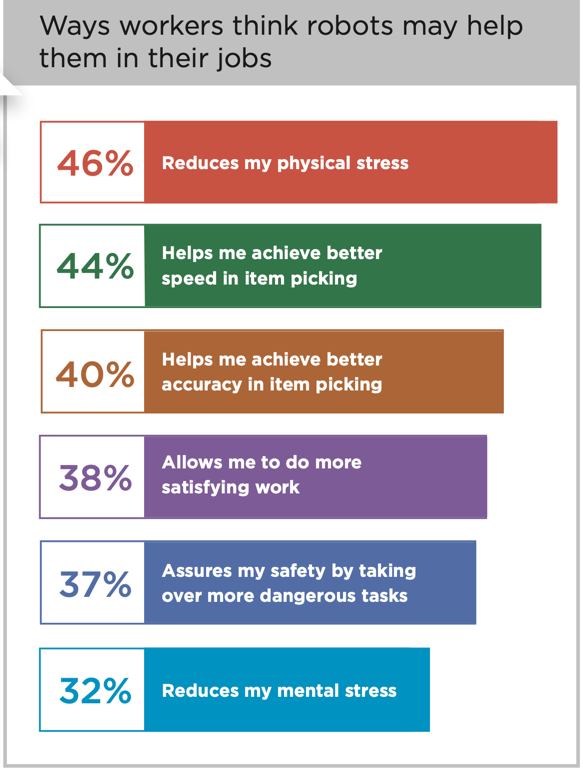
“Seventy-four percent of on-floor workers said they would consider a pay cut at another company for an opportunity to use technology if it helps them in their jobs,” said Lucas Systems. “Gen Z (up to 25 years old) rated this even higher—81% of workers [said they were] somewhat likely to trade pay for tech. We believe technology might be the key to attracting and retaining these essential employees.”
On the other hand, 47% of workers expressed concerns about being replaced by automation, and 34% worried about increased oversight. What are some possible solutions?
“Lucas has been deploying software for warehouse workers for 24 years. We have experience working with thousands of warehouse workers,” Lucas replied to Robotics 24/7. “Our perspective is that the fear from increased quotas comes from warehouse workers knowing that if the company invests dollars in warehouse technology, then more productivity will be expected to pay for the technology investment. This is true even for the deployment of Lucas software.”
“Robots should carefully be introduced into the worker ecosystem by doing robot-worker pilots,” noted the company. “Prove success across the processes that reduce worker travel and lifting strain. This approach will help gain acceptance from the workforce that robots are good for them.”
Pitching productivity
A total of 75% of workers said the introduction of robots would help, rather than impede, them from doing their jobs, Lucas Systems said. If technology can make it easier for workers to do their jobs, accuracy and productivity should increase while also reducing worker stress, the company said.
“We have seen productivity improvements well over 40% from working with the Jennifer voice system from Lucas,” it added. “Robotics scenarios where AMRs do the long-haul travel, while workers pick in a zone, is an ideal scenario for improving productivity while making the warehouse workers job less physically stressful.”
“I’ve been a part of hundreds of warehouse tech deployments,” said Dan Keller, a solutions consultant at Lucas Systems. “The most successful tech implementations directly address worker concerns throughout the rollout and have comprehensive training and communications programs.”
“In terms of process re-engineering, robots can have a dramatic impact, empowering workers who struggle with difficult equipment and processes in a demanding environment,” said Ron May, founding member of Lucas Systems and a senior solutions architect.
“If workers equate tech investments with the company’s willingness to help them, it shows us that tech for on-floor warehouse workers plays a vital role in attracting and retaining employees in addition to its role in improving warehouse operations and performance,” said Ramoutar.
About the Author
Follow Robotics 24/7 on Linkedin
Article topics
Email Sign Up

